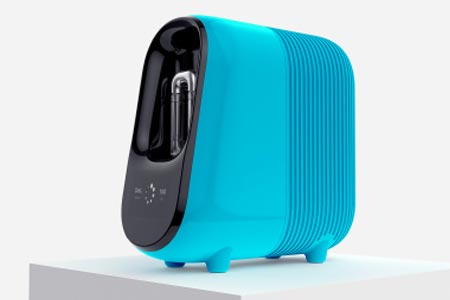The NSW Medical Device Fund has awarded AUD$500,000 to Indee Labs to partner with the University of Sydney to trial its technology to manufacture curative therapeutics for blood cancer.
The use of viruses is a major roadblock in progressing gene-modified cell therapies past regulatory approvals because it increases the cost and complexity of producing the treatments. Simplification using the method proposed by Indee Labs could make the whole process quicker, cheaper and more widely accessible.
Announced recently by NSW Health Minister Brad Hazzard MP, the NSW Medical Device funding means the partners can progress a technology allowing cells to be altered or ‘transfected’ at scale for use in gene-modified cell therapies.
“The problem we are addressing is that current gene therapies are too slow and expensive to make, and manufacturing isn’t scalable to meet even a small fraction of global demand,” says Indee Labs Australia chief executive, Dr Warren McKenzie.
Instead of using viruses to transport genetic material into cells, the company employs a microfluidic chip to gently and mechanically disrupt a cell membrane allowing genetic material such as mRNA into T cells.
It has already demonstrated this with human white blood cells or T cells, and lab tests show it is faster, safer and more scalable than competing technologies, such as viruses or ‘electroporation’, which involves delivering an electric shock to a cell to punch a hole in its membrane.
The partners will use the funds to compare Indee Labs’ technology with the electroporation gene delivery method for future use in clinical trials led by Dr David Gottlieb, Professor in Medicine at the University of Sydney and Westmead Institute for Medical Research.
“We are very optimistic the Indee Labs method will allow us to rapidly roll out locally manufactured gene-modified T cells to Australian patients with blood cancers,” said Professor Gottlieb. “If that is successful, the method will put us in a great position to apply the technology to a wide group of cancer sufferers.”

